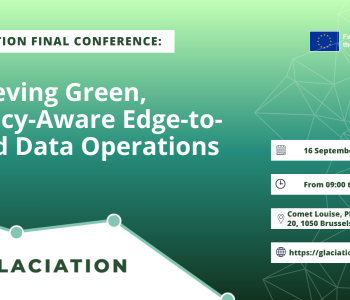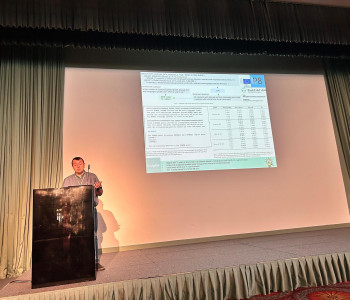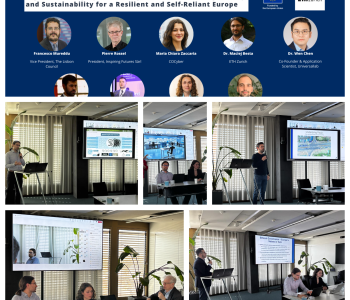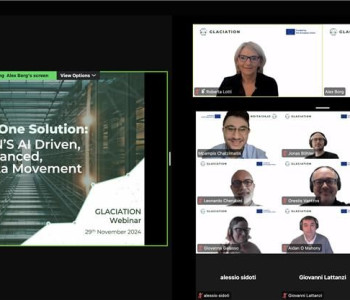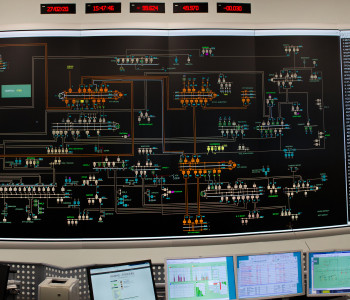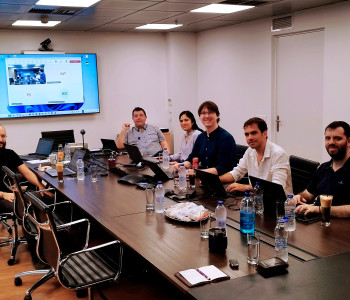Articles about GLACIATION project
Wednesday, 24th September 2025
The GLACIATION Project (1 October 2022 – 30 September 2025) reached its final stage with two...
Monday, 1st September 2025
As the GLACIATION project reaches its conclusion, we are proud to host the Final Conference on 16...
Tuesday, 17th June 2025
The GLACIATION Project was presented at the ESWC 2025 conference in Portorož, Slovenia, by...
Thursday, 10th April 2025
GLACIATION’s Zurich event, Digital Sovereignty in Evolving Times, gathered experts across policy,...
Monday, 3rd March 2025
The rapid expansion of AI has brought unprecedented compute power requirements—and with it, a surge...
Friday, 28th February 2025
The GLACIATION consortium recently gathered in Hannover, hosted by Leibniz University Hannover (LUH...
Tuesday, 3rd December 2024
On November 29 GLACIATION hosted a webinar to showcase its innovative approach to addressing two...
Thursday, 17th October 2024
As we transition into an era of rapid technological advancements and growing environmental concerns...
Tuesday, 15th October 2024
GLACIATION project has been highlighted on the EU Innovation Radar, showcasing four cutting-edge...
Thursday, 4th July 2024
Access to real-time renewable energy data can significantly enhance the GLACIATION platform,...

